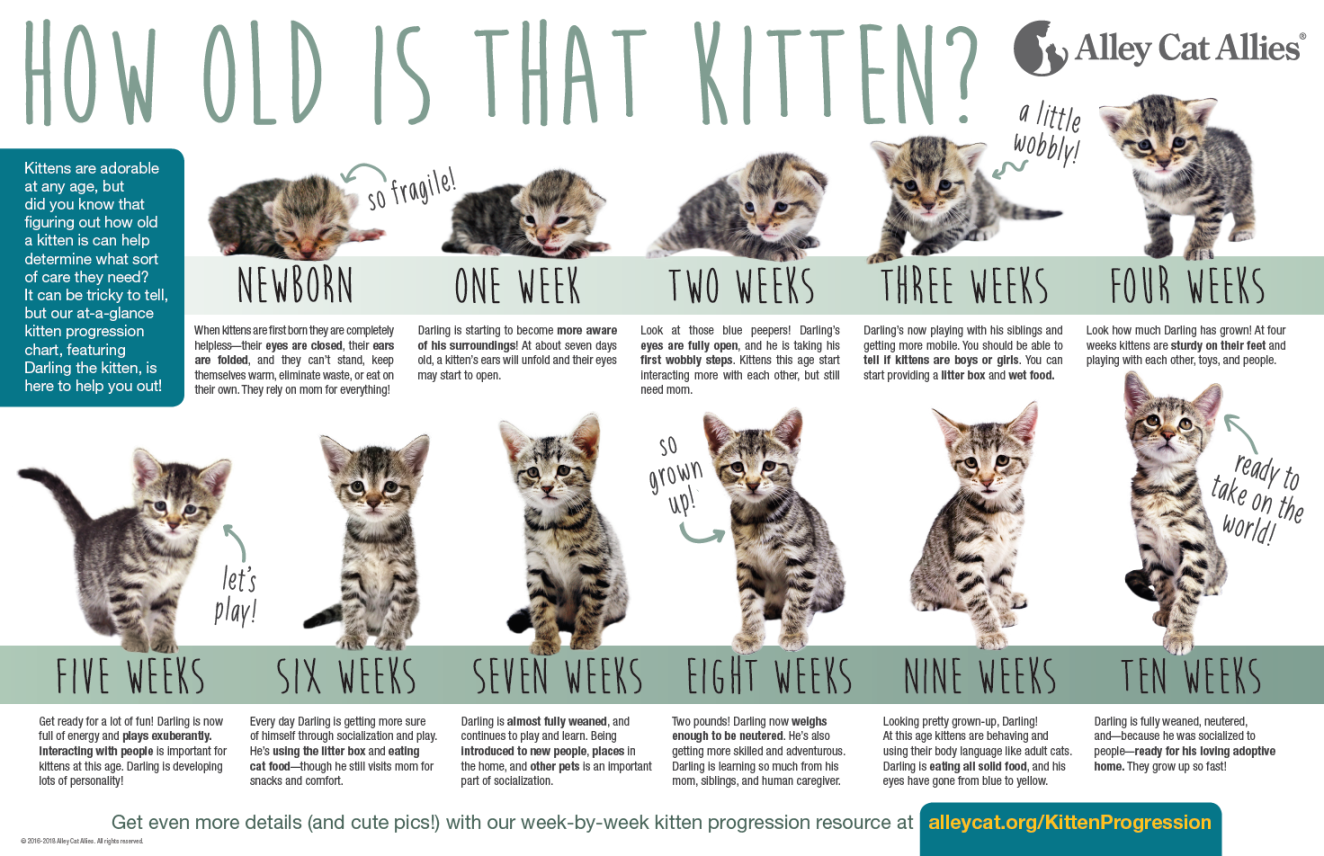Weight kitten age chart
Table of Contents
Table of Contents
If you’re a new kitten owner, you’re probably wondering what a normal weight for a 2-month-old kitten is. As a responsible pet parent, you want to make sure your feline friend is healthy and at the right weight. But what is the ideal weight range for a kitten at this age?
Pain Points
Before we dive into the target of normal weight for a 2-month-old kitten, let’s talk about some of the pain points that come with kitten ownership. Taking care of a young kitten can be challenging and overwhelming, especially when it comes to their diet and weight. Many kitten owners are unsure of how much to feed their furry friend or what a healthy weight range looks like. This uncertainty can lead to anxiety and stress, both for the kitten and the owner.
Target of Normal Weight For 2-Month-Old Kitten
In general, a 2-month-old kitten should weigh between 1,5 and 2,5 pounds (0,7 and 1,1 kg). However, keep in mind that every kitten is unique and will grow at its own pace. As a kitten owner, you should pay attention to your pet’s body condition score (BCS) to determine if they’re at a healthy weight.
Main Points
In summary, a normal weight range for a 2-month-old kitten is between 1,5 and 2,5 pounds (0,7 and 1,1 kg). However, it’s essential to monitor your kitten’s BCS to ensure they’re at a healthy weight. Providing a nutritious and balanced diet, along with plenty of playtime and exercise, can help your kitten grow into a healthy adult cat.
Personal Experience with Normal Weight for 2-Month-Old Kitten
When I adopted my kitten at 8 weeks old, I was worried about her weight. She seemed smaller than other kittens her age, and I wasn’t sure if she was getting enough to eat. However, after consulting with my vet and monitoring her BCS, I learned that my kitten was perfectly healthy and just had a different growth rate than other cats. In the end, keeping an eye on my kitten’s BCS helped me feel more confident in her growth and development.
Tips for Maintaining a Healthy Kitten Weight
As a kitten owner, there are a few things you can do to ensure your furry friend stays at a healthy weight:
- Feed them a nutritious and balanced diet, designed specifically for kittens.
- Provide plenty of opportunities for play and exercise.
- Monitor their BCS regularly, and adjust their food intake accordingly.
 ### Why Is Maintaining a Healthy Kitten Weight Important?
### Why Is Maintaining a Healthy Kitten Weight Important?
Maintaining a healthy weight is crucial for a kitten’s long-term health and wellbeing. Being overweight or underweight can lead to a range of health problems, including heart disease, diabetes, and joint issues. Additionally, a healthy weight can help ensure your kitten has enough energy for play and exploration.
How to Monitor Your Kitten’s Body Condition Score
Monitoring your kitten’s BCS can help you determine if they’re at a healthy weight. Here are a few tips:
- Check their ribs: You should be able to feel your kitten’s ribs easily but not see them. If you can’t feel their ribs, they might be overweight.
- Observe their waist: Your kitten should have a defined waistline. If their waist is difficult to distinguish, they might be overweight.
- Look at their belly: Your kitten’s belly should be tucked up, not dragging on the ground. If their belly is sagging, they might be overweight.
Question and Answer
Q: What if my kitten is outside the normal weight range?
A: Consult with your vet if you’re concerned about your kitten’s weight. They can monitor your kitten’s BCS over time and make recommendations for diet and exercise.
Q: Can I feed my kitten adult cat food?
A: No, kittens have specific nutritional needs that are different from adult cats. Feeding your kitten adult cat food can lead to malnourishment and health problems.
Q: How much should I feed my 2-month-old kitten?
A: Follow the feeding guidelines on your kitten food label, and monitor your kitten’s BCS. Adjust their food intake as needed to maintain a healthy weight.
Q: What if my kitten is a picky eater?
A: Consult with your vet if you’re having trouble getting your kitten to eat. They can make specific recommendations for your kitten’s nutritional needs and offer tips for getting your kitten to eat.
Conclusion of Normal Weight For 2-Month-Old Kitten
Maintaining a healthy weight is crucial for your kitten’s long-term health and happiness. By monitoring their BCS, feeding them a nutritious diet, and providing plenty of exercise and playtime, you can help your kitten grow into a healthy adult cat.
Gallery
Free-Roaming Cats & TNR

Photo Credit by: bing.com / kitten progression kittens aging alley much allies adoption humane roaming bengal bengals glance efforts weigh tnr feral alleycat coolguides determine
Poids Moyen D’un Chat - Santé - 2020

Photo Credit by: bing.com /
How Much Should I Weigh Small Frame | Damnxgood.com
Photo Credit by: bing.com /
Weight Kitten Age Chart - Anna Blog
Photo Credit by: bing.com / weight
Pin By Lacey Miranda On Cat Diy | Weight Charts, Cat Weight Chart

Photo Credit by: bing.com /






